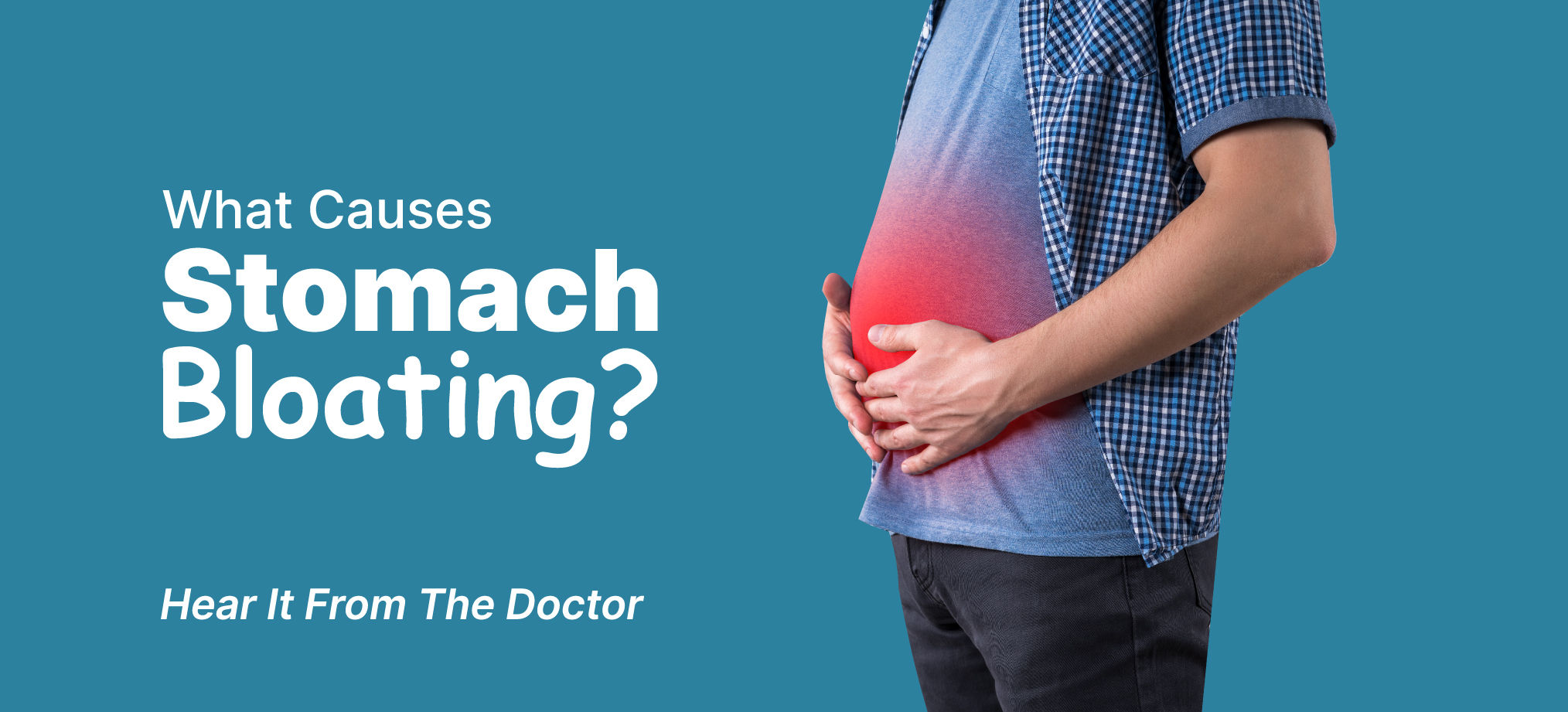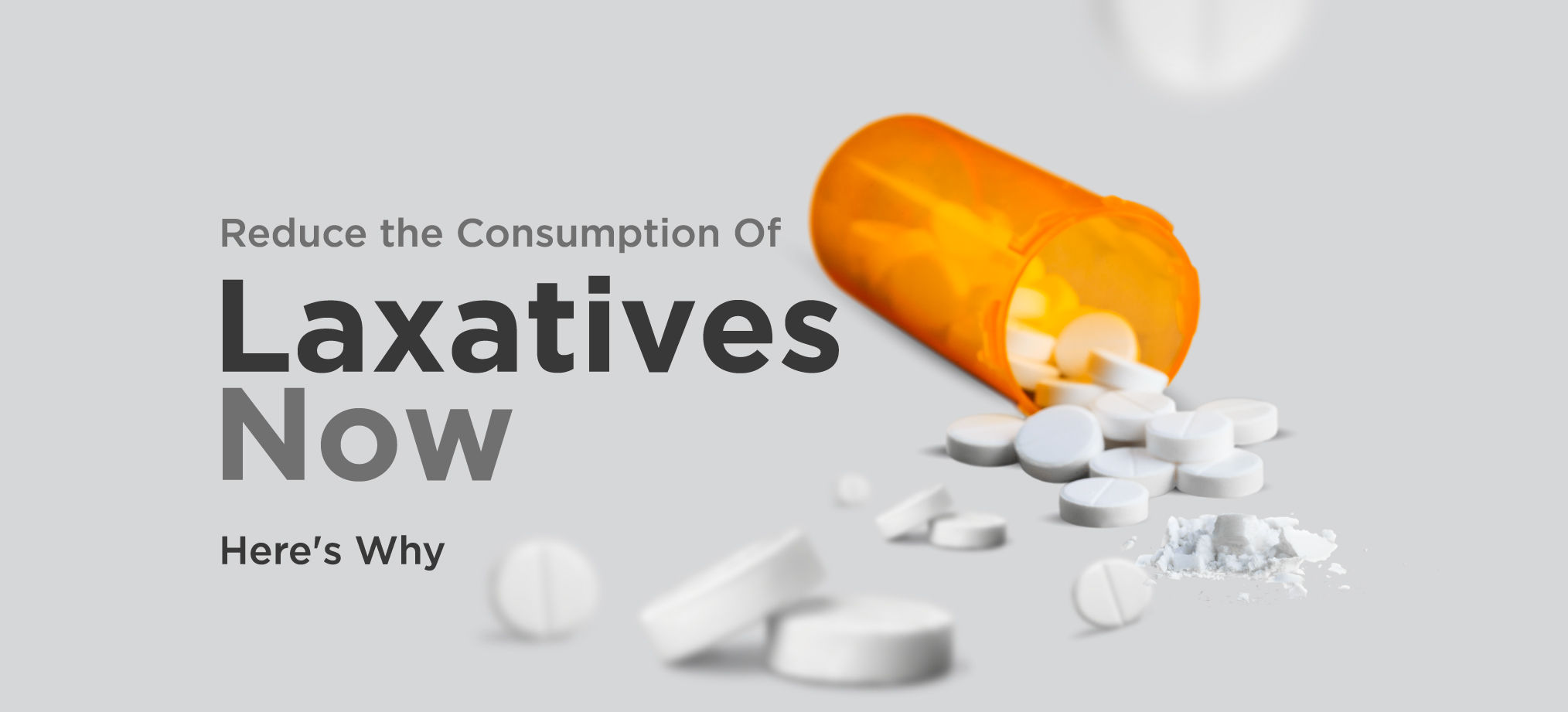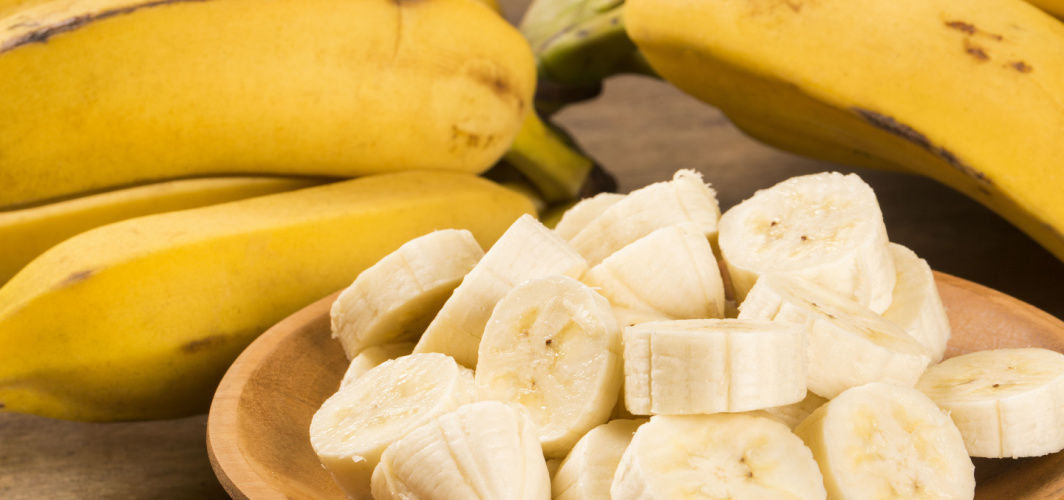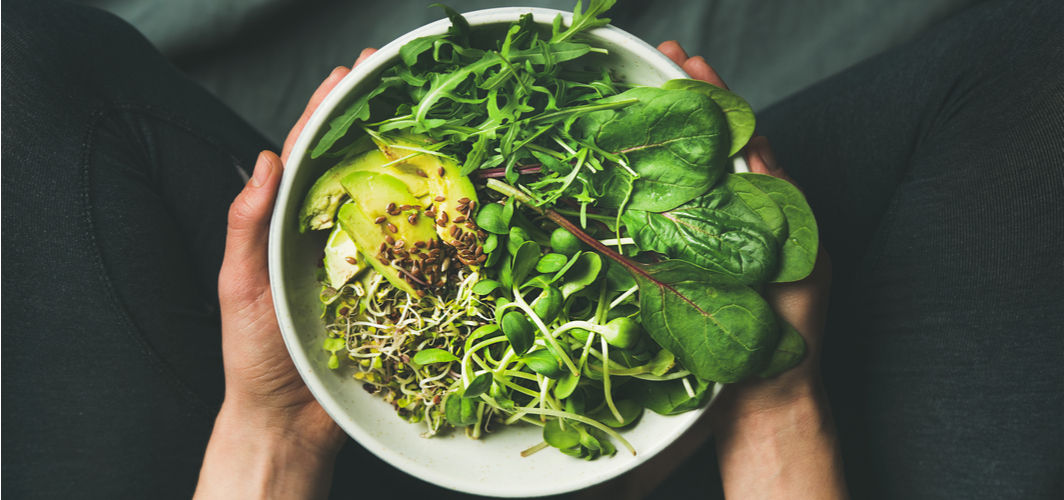Digestive Health
Easy Ways to Manage Stomach Bloating
5 min read
By Apollo 24/7, Published on - 20 December 2021, Updated on - 24 September 2024
Share this article
2
55 likes

A bloated stomach can be embarrassing, and may occasionally interfere with daily activities. Stomach bloating occurs when the digestive tract is filled with gas or air, causing a feeling of fullness, tightness, or pressure in the stomach. The symptoms may range from mild discomfort to severe pain that may or may not be associated with visible swelling. However, a bloated stomach rarely indicates any serious underlying condition, and can often be relieved with a few lifestyle modifications.
Reasons for stomach bloating
Stomach bloating can occur due to eating too much or too quickly, certain food intolerances, or other digestive issues that cause the build-up of gas and digestive contents in the stomach. Other common causes of temporary bloating are hormonal changes during menstruation and stress.
What causes bloating in the stomach?
One can ingest gases by consuming carbonated beverages or swallowing air. These gases are usually released from the mouth (burping or belching) before they reach the intestines. However, gases are also produced in the intestines when the gut bacteria break down undigested carbohydrates—a process known as fermentation. Excess intestinal gas is produced when fermentation occurs with too many carbohydrates not being absorbed naturally during the digestive process before they reach the gut bacteria.
Some of the causes include:
- Constipation: If stool stays in the colon for too long, the bacteria get more time to ferment the contents, producing more gas.
- Carbohydrate malabsorption: Some individuals have difficulty digesting certain carbohydrates (sugars) such as lactose, fructose, and carbohydrates in wheat and beans.
- Small intestinal bacterial overgrowth (SIBO): Gut bacteria may overflow from the colon into the small intestine, causing an imbalance in the microflora of the small intestine.
- Functional gastrointestinal disorders: Irritable Bowel Syndrome (IBS) and functional dyspepsia can cause gas and bloating after consuming food.
- Gastroparesis: This condition is characterized by delayed stomach emptying, which can result in bloating.
- Gut sensitivity: People suffering from IBS are extremely sensitive to gas that causes pain, cramps, and diarrhoea.
- Inflammation of the stomach or intestines: This can be caused by a bacterial infection or excessive alcohol intake.
- Gynaecological conditions: Enlarged blood vessels and thickened uterine lining during menstruation can lead to abdominal discomfort.
- Weight gain: Accumulation of fat around the belly can impact the abdominal volume, providing less space for the normal digestive processes. One may feel abnormally bloated, even after consuming a normal meal. Weight gain can also be associated with water retention, further aggravating bloating.
How to prevent stomach bloating
Some remedies that can help prevent and relieve stomach bloating include:
- Eating more fibre: Fiber makes one feel fuller, thus discouraging overeating. Fibre also helps push fermenting food content stuck along the intestine, and softens the stool which helps prevent constipation.
- Drinking enough water: Drinking plenty of water prevents the digestive contents from becoming too hard. Water also helps one feel fuller between meals, which prevents overeating.
- Indulging in regular exercise: Exercise helps expel excess gas, prevent water retention, and keep the bowels moving smoothly. It also prevents rapid weight gain that may cause bloating.
- Avoiding processed foods: Processed and packaged foods contain high salts and fats, resulting in water retention and slower digestion. The nutritional value of these foods is also low, making one feel hungry even after consuming a lot of calories.
- Practising mindful eating: Chewing slowly prevents swallowing extra air, a common cause of bloating. Mindful eating also helps control binge and emotional eating.
- Noticing the sensitivities: Common foods that produce gas include whole grains, mushrooms, peas, beans, lentils, cabbage, broccoli, cauliflower, onions, and certain fruits. One can try eliminating these and observe the difference in symptoms.
For more specific causes like food intolerances, hormonal fluctuations, or medical conditions, one may have to seek medical care for diagnosis, treatment, and prevention. These include:
- Low-FODMAP diet: This diet eliminates all the FODMAP (Fermentable Oligosaccharides, Disaccharides, Monosaccharides And Polyols) foods that include gas-producing carbohydrates.
- Hydrogen breath test: This is a test that screens for several digestive disorders, including particular sugar intolerances and SIBO.
- Targeted probiotics: In case of SIBO or gut bacteria imbalance, probiotics can help restore the natural gut flora.
- Hormone therapy: For some women, monthly bloating and other symptoms can be relieved by taking hormonal birth control pills. Hormone supplements may be considered for women experiencing menopause.
What are the most common causes of stomach bloating?
Dr Naveen Polavarapu, a medical gastroenterologist associated with Apollo 24|7, states that “Stomach bloating is a common condition that we see regularly in our clinic. Abdominal bloating also described as 'GAS' is most commonly seen when there is an excess acid generation in our stomach. While mostly it occurs because of the wrong eating habits like erratically eating or unhealthy food, Helicobacter Pylori, bacteria found in the stomach, can also cause excess abdominal bloating. You can ingest this bacteria through contaminated food or water. The other common cause of abdominal bloating is losing the balance between the good and the bad bacteria which normally live in our intestines. The treatment of stomach bloating is based on removing the above triggers and eating healthily. However, if your symptoms persist for longer than 2 weeks, consult a Gastroenterologist.”
An unpleasant bloated stomach is a common experience that is generally temporary. It is crucial to focus on identifying the cause by recording the symptoms and sensitivities which could be related to diet, hormones, or stress. The aforementioned home remedies can help relieve stomach bloating and the associated discomfort. However, one should seek medical attention if the stomach bloating is severe or persistent, causes intense pain, and is accompanied by fever, vomiting, or bleeding. For more information,
Digestive Health
Leave Comment
Recommended for you

Digestive Health
How to Identify Abdominal Pain Caused by Gallstones
Sudden, severe pain in the upper right abdomen, fever, or yellow skin, could indicate the presence of gallstones. These stones are usually made up of cholesterol and develop in the gallbladder.

Digestive Health
Regular Use Of Laxatives Can Increase Your Risk Of This Brain Disease By 50%
According to several researchers, regular use of laxatives can increase the risk of dementia by more than 50%. Laxatives can reduce the barrier function of our brain which can lead to a stroke, a known risk factor for dementia. Hence, it is advised not to use off-the-counter laxatives without consulting a gastroenterologist.

Digestive Health
Is Banana Good For Loose Motion? Get Expert Advice
is banana good for loose motion banana in loose motion fruits for loose motion food to stop loose motion
Subscribe
Sign up for our free Health Library Daily Newsletter
Get doctor-approved health tips, news, and more.
Visual Stories

Hidden Health Benefits in a Bowl of Salad
Tap to continue exploring
Recommended for you

Digestive Health
How to Identify Abdominal Pain Caused by Gallstones
Sudden, severe pain in the upper right abdomen, fever, or yellow skin, could indicate the presence of gallstones. These stones are usually made up of cholesterol and develop in the gallbladder.

Digestive Health
Regular Use Of Laxatives Can Increase Your Risk Of This Brain Disease By 50%
According to several researchers, regular use of laxatives can increase the risk of dementia by more than 50%. Laxatives can reduce the barrier function of our brain which can lead to a stroke, a known risk factor for dementia. Hence, it is advised not to use off-the-counter laxatives without consulting a gastroenterologist.

Digestive Health
Is Banana Good For Loose Motion? Get Expert Advice
is banana good for loose motion banana in loose motion fruits for loose motion food to stop loose motion